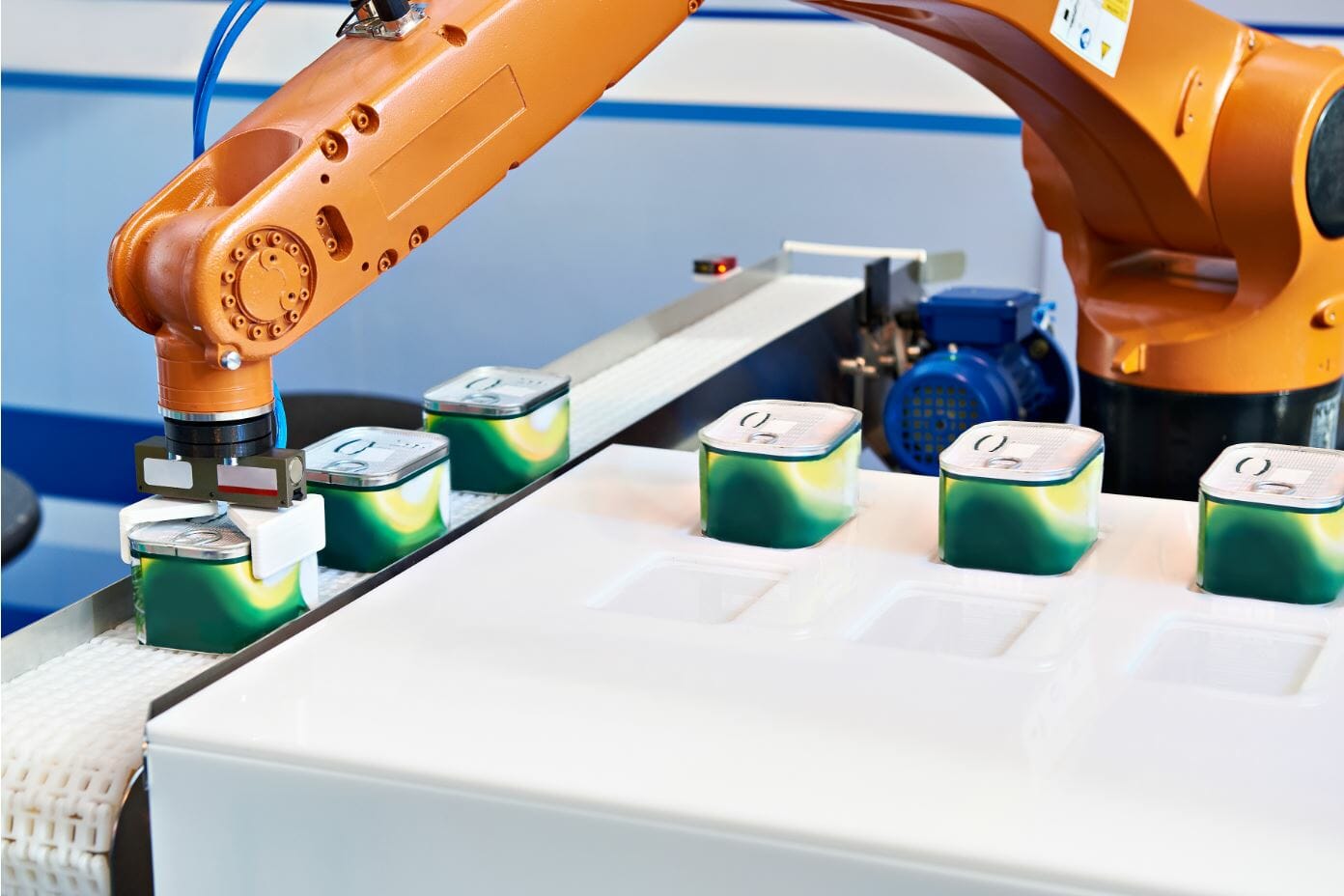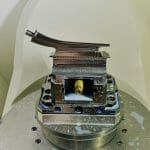Stratus Technologies – Greg Hookings, Head of Business Development – IIoT
Enterprises are viewing the opportunity to create more intelligent automation environments by moving towards the ‘Smart Factory’, or IIoT (Industrial Internet of Things) as a great opportunity to streamline their factories.
Connecting devices throughout the production process and the supply chain lets manufacturers collect operational data, which, when organised and analysed, grants a new range of powerful capabilities, including real-time process optimisation. But, addressing these concerns and therefore improving asset performance forces manufacturers to move on from outdated technology. Many see the transition to IIoT (Industrial Internet of Things) as painful as it usually involves incorporating new applications with outdated systems, and that can be a source of anxiety. But it doesn’t have to be that way.
Modernising computing platforms is a good place to start and can ensure that organisations have a simple platform which also offers higher levels of reliability and better manageability. This will create a solid future-ready platform on which to build on your organisation’s IIoT journey. And all journeys start somewhere, right?
Many of the issues facing the food & beverage sector can be tied directly to a company’s level of IIoT adoption. One such issue that remains at the forefront is compliance with the Food Safety and Modernisation Act. According to LNS Research 60% of food & beverage manufacturers rank this as their key issue along with supply chain issues. In the highly competitive world of food & beverage production any change in hygiene standards or safety can cause lasting brand damage, and it doesn’t need to. These issues can be directly addressed by using the data available to manufacturers.
Utilising this data helps manufacturers address these issues by automatically meeting the constantly changing regulatory challenges. For example, hazard analysis within food & beverage is currently performed by manually collecting sample lots and sending them to the lab for analysis. What we are likely to see as food & beverage manufacturers advance on the IIoT journey is a more automated, in-line analysis. Samples would be tested at ‘the edge’ on the factory floor in real-time using chemical and spectroscopic analysis, via the IIoT the data would be made immediately available to centralised quality systems.
Few industries are more focused on return on investment (ROI) than food manufacturing, and this is why we aren’t seeing as much adoption of IIoT as other sectors. So, what is the ROI on the IIoT? The greatest measurable return may be in helping avoid a food quality or safety issue. By helping manufacturers perform real-time quality analysis, the IIoT can protect an enterprise from a recall that could prove catastrophic to brand integrity and reputation.
With reported spend on supply chain operations going down this year now is exactly the right time to start your IIoT journey. Making compliance issues a thing of the past with regular actionable data coming from the line is what will really set your production facility apart from the competition.





